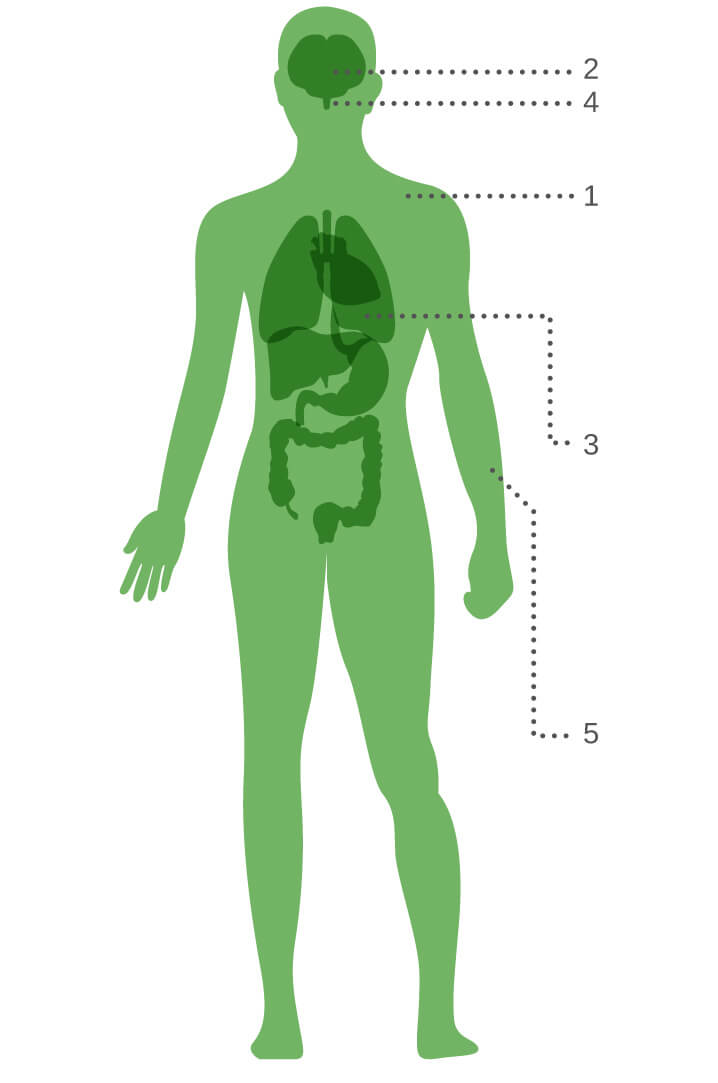- APPLYING THE HUMAN EXPOSOME
- Contact us via email: info@exposogas.eu
The concept for designing this project stemmed from recent groundbreaking energy-related findings in the EEZ of Cyprus: i) the large natural gas reserves in Cypriot EEZ, being considered as the biggest investment of modern Cypriot society for future generations, and ii) the ongoing dedication of the Cypriot government to support initiatives in the field of energy issues and particularly in hydrocarbons developments, ranging from educational aspects to professional training to innovation.
The exploitation of the new hydrocarbons reserves in the Cypriot EEZ can only be considered sustainable and profitable, as long as provisions for safety and health (and environment) are implemented at all stages of natural gas life cycle. As a logical sequence of the above, the government has published the Cyprus’s Strategic Plan for Smart Specialization during 2014-2020, which clearly identified research on “better valuing hydrocarbons energy issues” in the TOP of national priorities list. The Cypriot government is eager to evaluate, test, authorize and monitor current and emerging practices and technologies adopted by natural gas-related public and peripheral private investments for reliable chemical safety and health impact management schemes.
The EU Directives (2013/30/EU and 92/91/EEC) provide guidelines for a safe work environment and protect workforce health, local community dwellers and the environment.

However, the documented global burden of disease and injury for the occupational sector is appreciable, due to a number of important occupational risk factors (carcinogens, asthmagens, gas and particulate matter, noise, injuries, low back pain, etc.). In 2013, the European Commission recognized the problems of occupational factors contributing to the morbidity and mortality of its population posing additional burden to individuals and their families and health systems; the EC also reported the weakness of epidemiological systems to effectively monitor all occupation-related incidences, mostly due to underreporting.
Oil/gas workers have been shown to be at increased risk of various types of cancers (ovarian, larynx, trachea, bronchus, lung cancers, leukemia), asthma, chronic obstructive pulmonary disease, hearing loss, and low back pain. A recent area of increased research activity is about the risk of myelodysplastic syndrome and myeloproliferative disorders as a result of benzene exposure, and whether benzene is a cause of these. With injuries being on the top of the occupational mortality list, cancer is the disease outcome responsible for the majority of deaths attributable to the occupational risk factors.
The occupational diseases with the highest occurrence in the EU from 1999-2007 were the following: musculoskeletal diseases (1), neurologic diseases (2), lung diseases (3), diseases of the sensory organs (4), and skin diseases (5); breathing and lung problems were identified as the most serious problems after the musculoskeletal problems and the stress-related issues. Thus, not all health- related problems are necessarily chemical-related, but could be due to shift work and ergonomic and psychosocial hazards, or in fact interactions amongst these chemical/non-chemical factors within an exposome context.
The project’s training and networking sessions and modules will also focus upon general population safety and health issues, since natural gas leakages and explosion with incidents of fatalities are not uncommon in cities utilizing natural gas infrastructure.
The EXPOSOGAS project will bring about the culmination of cross-disciplinary research activities among public health, medical, risk assessment, policy making and engineering professionals towards the sustainable safety and health risk-mitigating activities linked with the natural gas and oil developments.
During training activities, an integrated approach using well-defined pillars of excellence in safety and health impact assessment covering all aspects of risk management will be systematically implemented during the capacity building efforts of this project.
EXPOSOGAS will use an integrated approach for assessing, managing and communicating information about the overall health risk to workers and the general population from exposures to multiple chemicals, work shift, noise, high temperatures, and ergonomic and psychological factors encountered throughout all oil/gas life cycle stages (design, preparation and infrastructure installation, production, transport, storage, distribution, use and end of life activities).

This website uses cookies to improve your experience while you navigate through the website. Out of these cookies, the cookies that are categorized as necessary are stored on your browser as they are as essential for the working of basic functionalities of the website. We also use third-party cookies that help us analyze and understand how you use this website. These cookies will be stored in your browser only with your consent. You also have the option to opt-out of these cookies. But opting out of some of these cookies may have an effect on your browsing experience.
This website uses cookies to improve your experience while you navigate through the website. Out of these cookies, the cookies that are categorized as necessary are stored on your browser as they are as essential for the working of basic functionalities of the website. We also use third-party cookies that help us analyze and understand how you use this website. These cookies will be stored in your browser only with your consent. You also have the option to opt-out of these cookies. But opting out of some of these cookies may have an effect on your browsing experience.
Necessary cookies are absolutely essential for the website to function properly. This category only includes cookies that ensures basic functionalities and security features of the website. These cookies do not store any personal information.
Any cookies that may not be particularly necessary for the website to function and is used specifically to collect user personal data via analytics, ads, other embedded contents are termed as non-necessary cookies. It is mandatory to procure user consent prior to running these cookies on your website.

